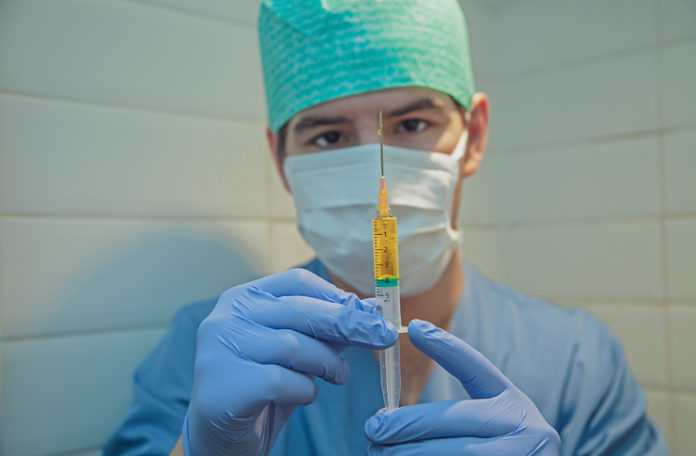TravelingForMiles.com may receive commission from card issuers. Some or all of the card offers that appear on TravelingForMiles.com are from advertisers and may impact how and where card products appear on the site. TravelingForMiles.com does not include all card companies or all available card offers.
Some links to products and travel providers on this website will earn Traveling For Miles a commission that helps contribute to the running of the site. Traveling For Miles has partnered with CardRatings for our coverage of credit card products. Traveling For Miles and CardRatings may receive a commission from card issuers. Opinions, reviews, analyses & recommendations are the author’s alone and have not been reviewed, endorsed, or approved by any of these entities. For more details please see the disclosures found at the bottom of every page.
In news that’s only just breaking, biotech developers Pfizer and BioNTech say that they have developed a coronavirus vaccine that was found to be more than 90% effective in preventing Covid-19 in research participants.
The news reports are still at an early stage so more details will be forthcoming but, for the time being, this is what we know:
- The vaccine candidate was found to be more than 90% effective in preventing COVID-19 in participants without evidence of prior SARS-CoV-2 infection in the first interim efficacy analysis
- The analysis evaluated 94 confirmed cases of COVID-19 in trial participants.
- The study enrolled 43,538 participants, with 42% having diverse backgrounds, and no serious safety concerns have been observed; Safety and additional efficacy data continue to be collected
- Submission for Emergency Use Authorization (EUA) to the U.S. Food and Drug Administration (FDA) planned for soon after the required safety milestone is achieved, which is currently expected to occur in the third week of November
- Clinical trials will continue through to final analysis at 164 confirmed cases in order to collect further data and characterize the vaccine candidate’s performance against other study endpoints
Per Pfizer:
After discussion with the FDA, the companies recently elected to drop the 32-case interim analysis and conduct the first interim analysis at a minimum of 62 cases. Upon the conclusion of those discussions, the evaluable case count reached 94 and the DMC performed its first analysis on all cases. The case split between vaccinated individuals and those who received the placebo indicates a vaccine efficacy rate above 90%, at 7 days after the second dose. This means that protection is achieved 28 days after the initiation of the vaccination, which consists of a 2-dose schedule. As the study continues, the final vaccine efficacy percentage may vary. The DMC has not reported any serious safety concerns and recommends that the study continue to collect additional safety and efficacy data as planned. The data will be discussed with regulatory authorities worldwide.
It’s important to note that at this stage these are just the first results that are being seen and, as Pfizer itself says, the final efficiency rate of its vaccine may still change. Additionally, the biotech firms are still collating information on how effective the vaccine is in the most serious cases and they don’t appear to have released any information on the effectiveness of the vaccine in asymptomatic carriers so, as great as this news is, there is still a lot of work left to do.
Pfizer and BioNTech have confirmed that they will apply for emergency approval to use the vaccine, but not before half of the patients in their study have been seen to be clear of any safety issues for a minimum of two months after taking their second dose of the vaccine. Based on the timelines provided this would put the first release date in the third week of November. Pfizer says that based on current projections, it expects to be able to produce up to 50 million vaccine does in 2020 and up to 1.3 billion doses in 2021.















